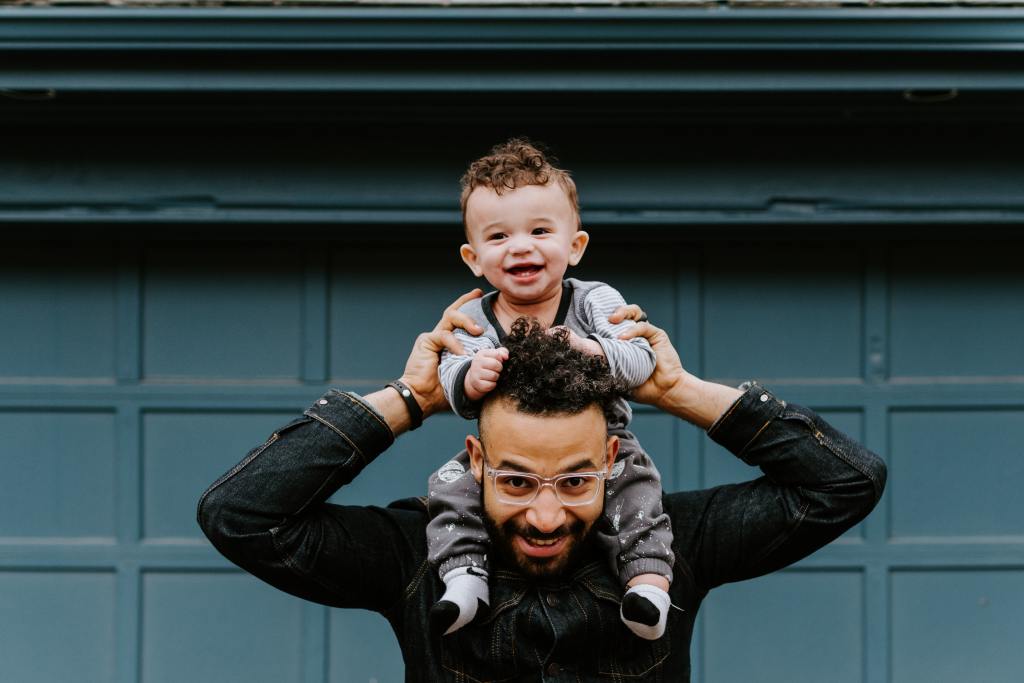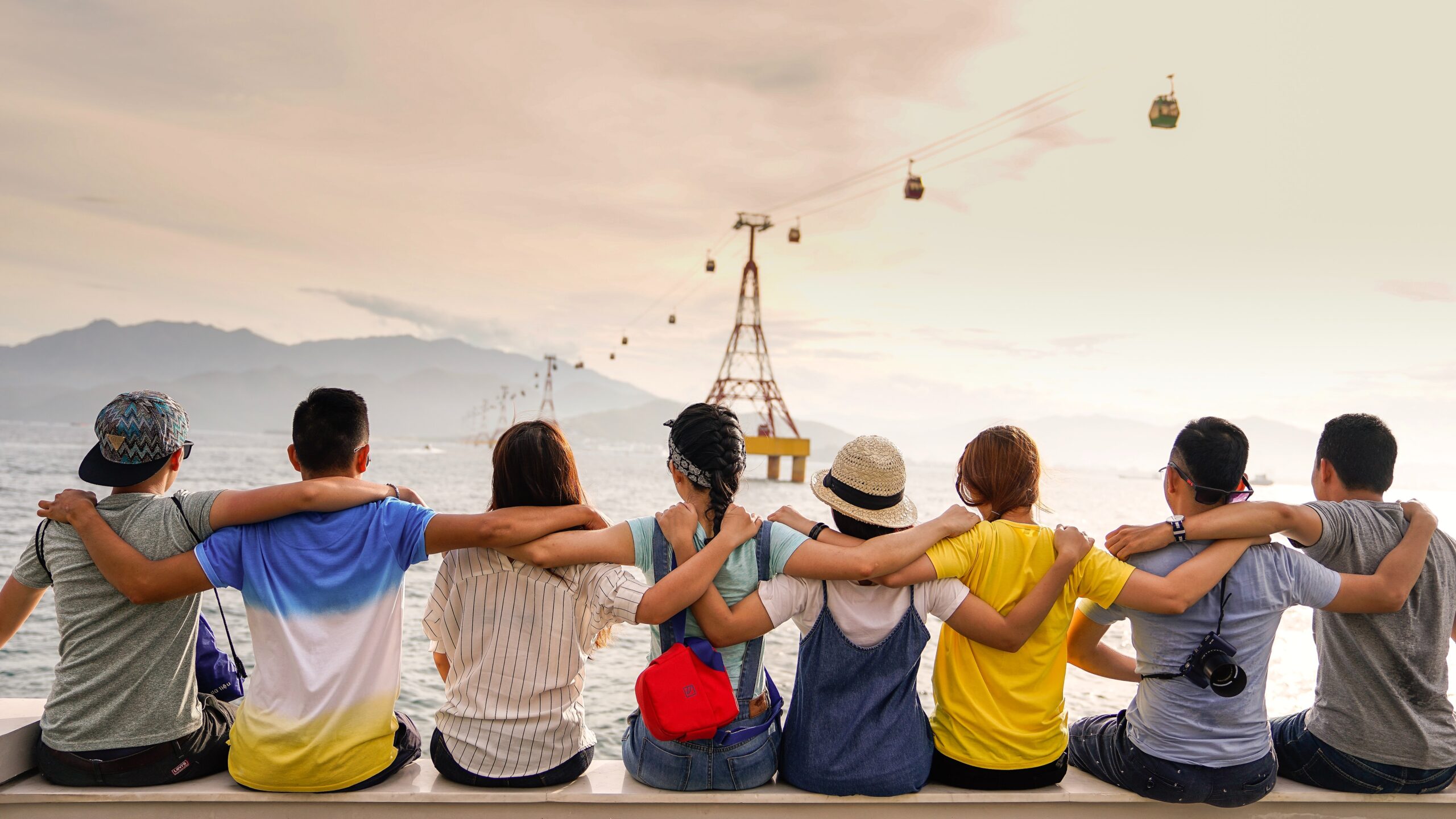Once, exhausted after a long day, I let my body droop from the edge of my couch to lay next to my dog on the floor. Hoping I could live the comfortable life that my dog does without a worry in the world, I stared into my dog’s innocent eyes and sought comfort – the comfort of her gentle, furry touch, her warmth and a beating heart, her loyal love, and encouragement to get up another day to take care of her. In our silent exchange of emotions, as I lay quietly wiping my tears, I was in disbelief. Though my feelings may have been precipitated by my rough day and already heightened emotions, they were indisputable: I was finally feeling what it feels like to trust another being.
Trust is a funny thing. Trust may build quickly or slowly, but it often catches me off guard with its presence. And when trust is broken, the feeling of betrayal has so many facets and phases – anger, sadness, feeling lost, unsafe and unloved.
Is it even possible to figure out what it means to trust?
Is it possible to manage my emotions after betrayal, and by learning to cope, make the whole painful process worthwhile?
How did I, on this random night, experience a whole new level of trust with my dog I adopted a year ago of all living creatures on this earth, including the ones that gave birth to me and raised me?
Trust is learned in our earliest relationships, but no parent in this world is perfect.
I would go as far as to say that to be a responsible parent, you must not be 100% attentive to your child’s needs all the time. Children need to be encouraged to do things on their own without the help of their parents. Children need to learn to be self-sufficient and to self-soothe at times because parents can’t realistically be there for the child to save them every time they desire assistance.
Some parents, however, with or without faults of their own, are busier, less affectionate physically or verbally, or have their own mental health issues ranging from depression to maladaptive communication skills to intergenerational trauma that may get in the way of being present and caring for their child. And unfortunately, some parents even pass away unexpectedly early and leave their children behind too soon.
So how are we supposed to trust, when even our own parents neglect, betray, or abandon us?
What should I do with this need to trust, to be comforted, to be held?
Learning to hold oneself, balancing to stay afloat, protecting ourselves from the pain of betrayal, resisting the urge to just collapse onto any stranger that provides the slightest glimpse of comfort, feels so exhausting at times. When am I going to fall?
No matter how independent and strong we want to be, we can’t avoid the act of trusting others at some point in our lives.
And, as hard as it is to say, we have to deal with the pain that may or may not follow. The Chinese character “ren (人)” which means “person” or “people” is made of two human stick figures that are leaning on one another for support. Humans are social creatures, and we cannot survive alone. We must trust others with our feelings, hearts, and even lives. So how do we encourage ourselves to trust well in this seemingly hopeless world?

Even when we have trauma around trust, a part of us, like a seed in the ground, is waiting to trust someone.
You don’t have to tell your body to try to trust, but you can listen to the ways it’s trying to trust. It might look like sharing something small, inviting another’s interest, or expressing frustration. Like a person who will put a few pounds of weight on a bridge to see if it is safe to walk across, we do things to ensure ourselves in order to trust. We hope that the few pounds of weight on the bridge will give us the courage to walk across. Leaning on someone, letting go of our fears, taking a step not knowing if we will fall – trusting is hard work. Realistically, the best that we can do when it comes to trusting is to take that step forward while acknowledging the potential consequences of it. This sounds scary, I know. The word, consequences, does not do justice to describe the potential agony we might be putting ourselves through.
But, I’ve come to find that the following things are within our control and can make this situation less hopeless.
- We can try our best to discern whom to trust and how much to trust at what pace.
- We can learn to regulate our emotions before, during, and after we choose to trust no matter what the outcome is.
- We can learn to appreciate the worth in our choices to trust, and value our bravery in choosing to live fully.
- We can learn to comfort ourselves when things don’t go as we had hoped.
- We can also learn to ask for help to be comforted from those around us.
- Most importantly, we can respect and love the choices we make, and be okay with falling, even if it hurts.
In the end, the goal is to survive the sometimes painful consequences of life events. We can’t give up on trusting others because we’ve been hurt before or because no one has taught us how to. We can’t give up because we depend on one another for survival. All we can do is to take care of ourselves as best as we can so that we can get up again even if someone intentionally has pulled the rug out from under our feet. We will learn to trust by first trusting ourselves that we will catch ourselves when we fall, even if that means, on some nights, I’m ugly-crying on the floor with my dog.

